Nvidia reveals Titan V, its AI-focused graphics card
Developers will be able to tap into Nvidia's most powerful GPU ever
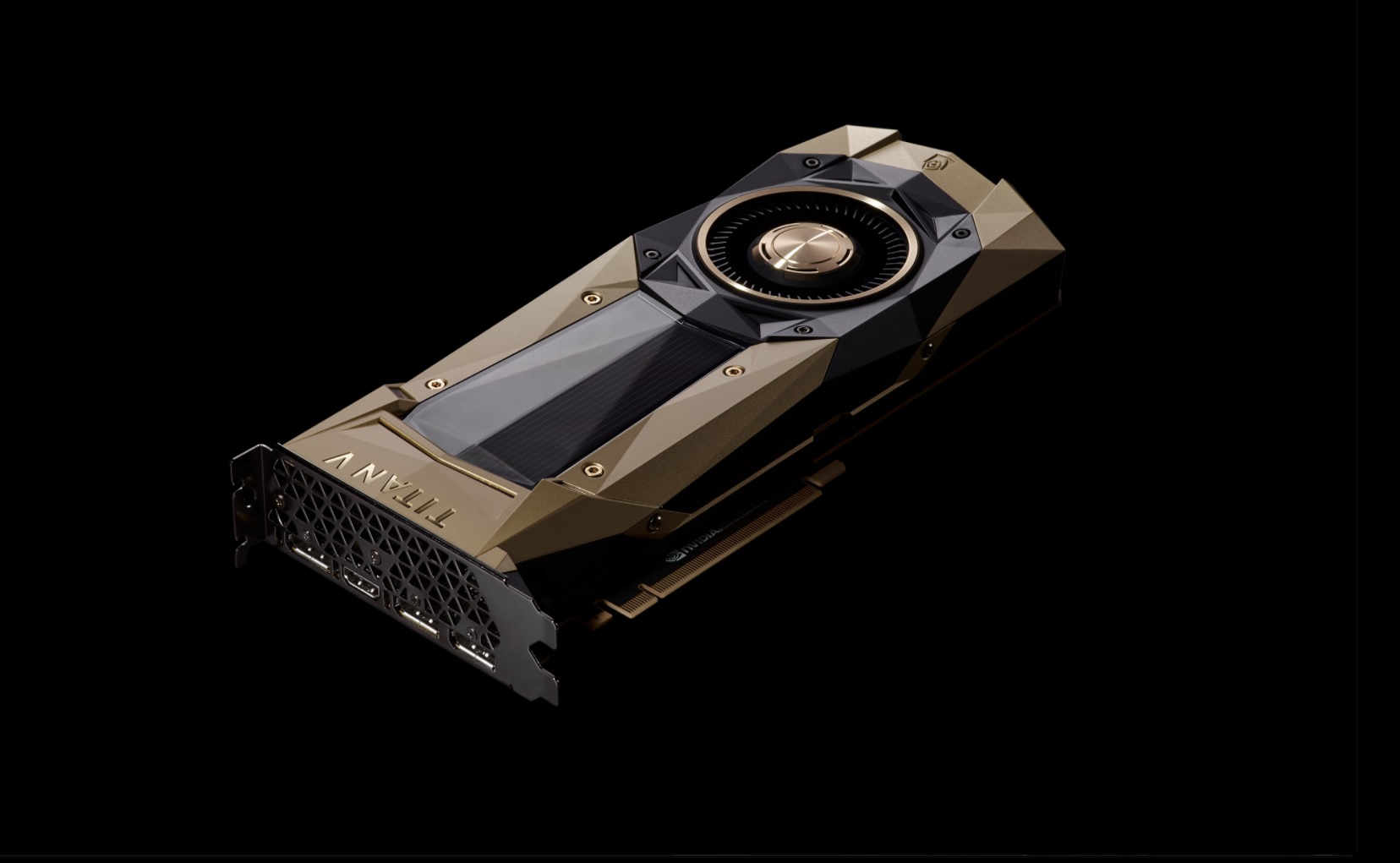

Nvidia has launched the most powerful graphics processor unit (GPU) it has ever built, aimed at accelerating artificial intelligence applications and machine learning algorithms.
The Nvidia Titan V is the first consumer-level GPU that makes use of the graphics card company's latest Volta architecture.
But at nearly $3,000 it is really aimed at developers, researchers and companies that wish to create and power AI systems that tap into the parallel processing capabilities of GPU, helping them crunch through massive amounts of data more efficiently than central processing units would.
With a claimed 110 teraflops of compute power delivered through its 21 billion transistors, 5,120 CUDS cores and 12GB of second-generation high bandwidth memory (HBM2), the Titan V is a significant step up from its predecessor, the Titan X, and Nvidia believes it should be able to handle AI simulation and modelling with suitable aplomb.
"Our vision for Volta was to push the outer limits of high performance computing and AI. We broke new ground with its new processor architecture, instructions, numerical formats, memory architecture and processor links," said Nvidia founder and chief executive Jensen Huang.
"With Titan V, we are putting Volta into the hands of researchers and scientists all over the world. I can't wait to see their breakthrough discoveries."
While companies with large coffers and their own data centres can tap into the Volta architecture capabilities with Nvidia's enterprise-grade Tesla cards, these are more costly than the Titan V.
Get the ITPro daily newsletter
Sign up today and you will receive a free copy of our Future Focus 2025 report - the leading guidance on AI, cybersecurity and other IT challenges as per 700+ senior executives
So while PC gamers with deep pockets will be able to get higher frame-rates in video games and people working on video editing and graphics-heavy computer-assisted design applications are likely to see smoother performance, the Titan V really stands as a gateway for developers to move into AI and machine learning without the need for prohibitively expensive computer and server setups.
This could help fuel the rise of more AI startups, particularly in the UK's technology startup scene, where many fledgling businesses are exploring the use of smart algorithms and machine learning systems.
Picture courtesy of Nvidia
Roland is a passionate newshound whose journalism training initially involved a broadcast specialism, but he’s since found his home in breaking news stories online and in print.
He held a freelance news editor position at ITPro for a number of years after his lengthy stint writing news, analysis, features, and columns for The Inquirer, V3, and Computing. He was also the news editor at Silicon UK before joining Tom’s Guide in April 2020 where he started as the UK Editor and now assumes the role of Managing Editor of News.
Roland’s career has seen him develop expertise in both consumer and business technology, and during his freelance days, he dabbled in the world of automotive and gaming journalism, too.
-
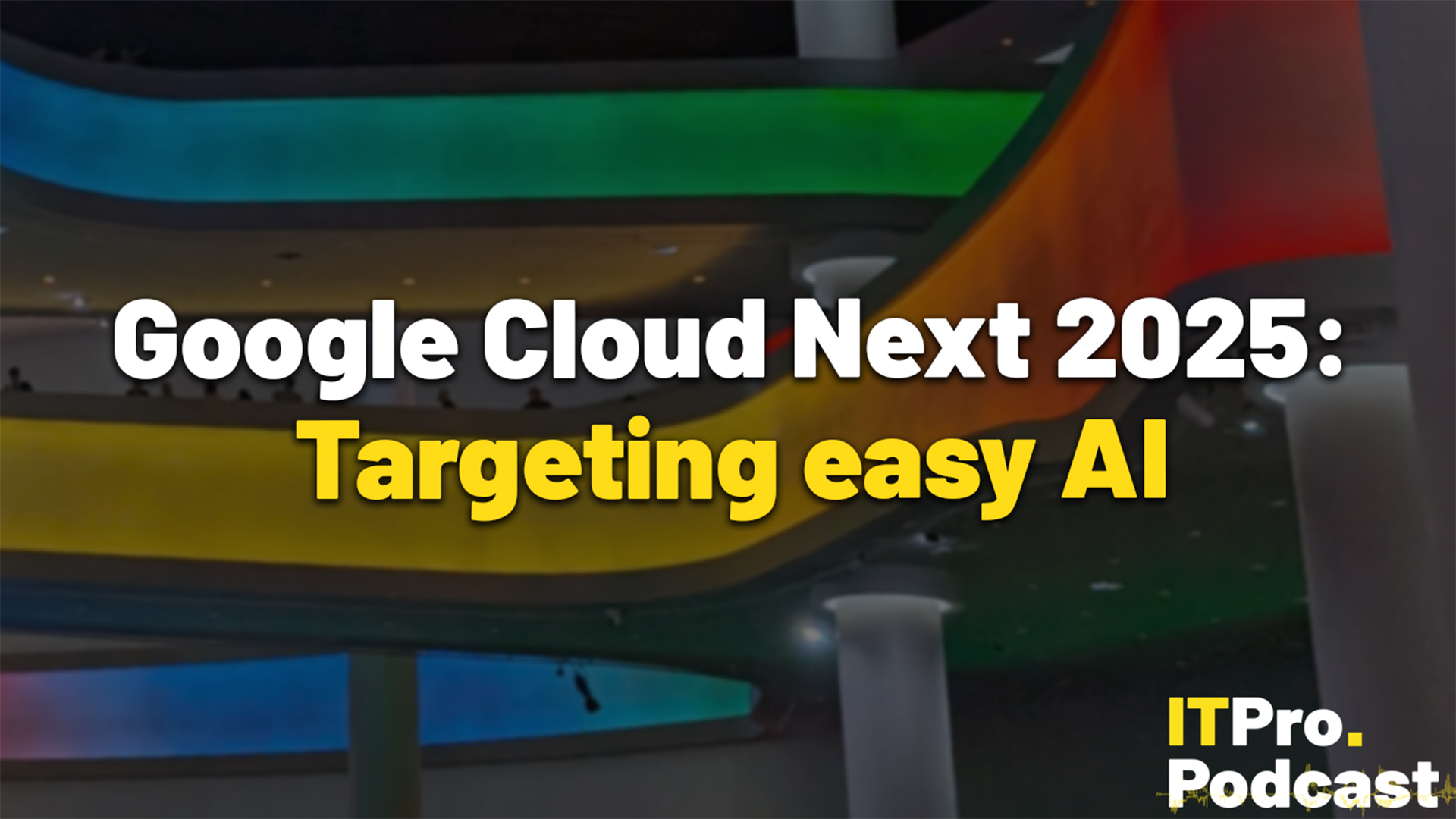 Google Cloud Next 2025: Targeting easy AI
Google Cloud Next 2025: Targeting easy AIITPro Podcast Throughout its annual event, Google Cloud has emphasized the importance of simple AI adoption for enterprises and flexibility across deployment
By Rory Bathgate Published
-
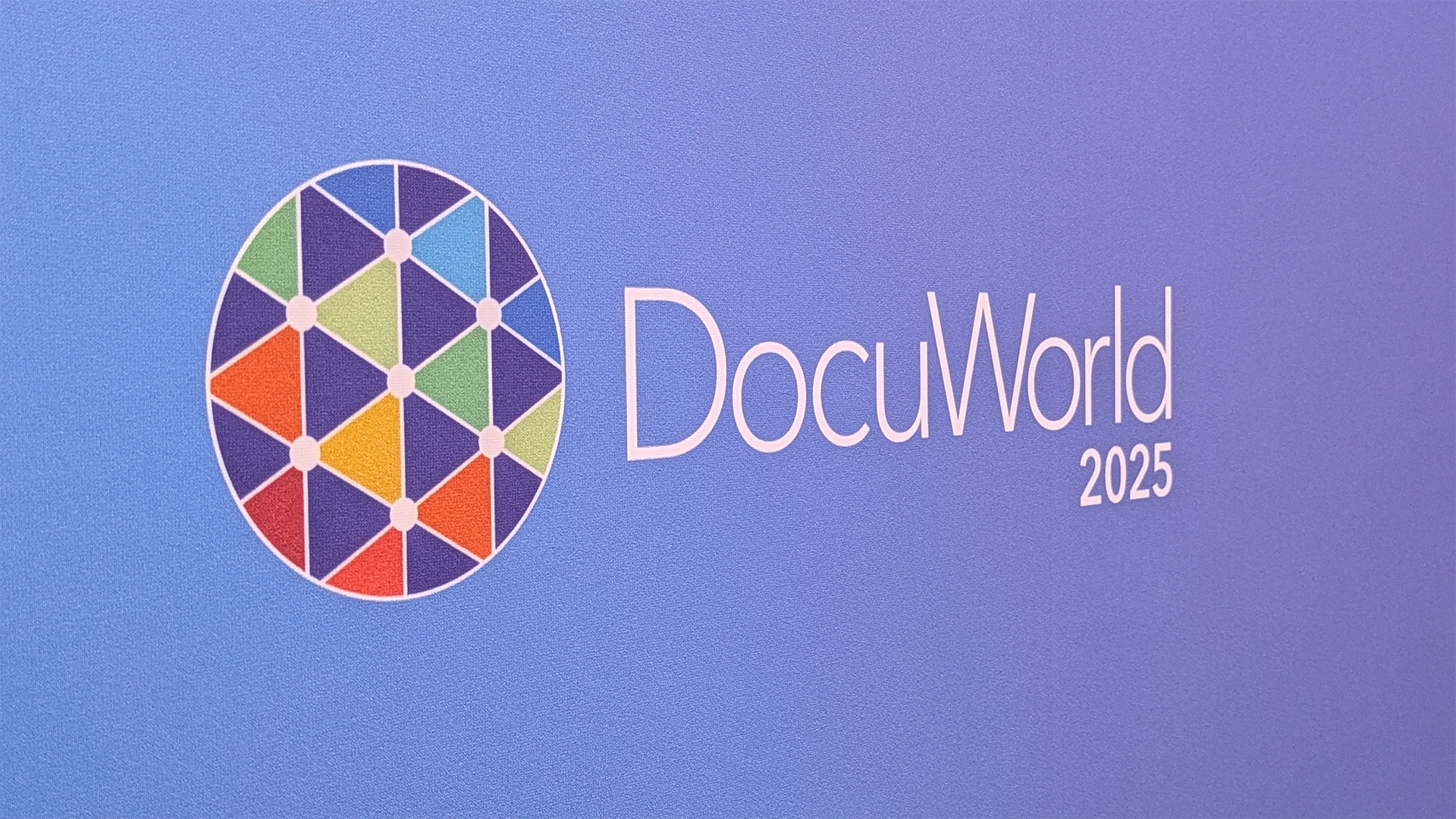 How DocuWare is empowering partners with AI
How DocuWare is empowering partners with AINews DocuWare is aiming to revolutionize the channel with AI and automated services, with a host of new products announced at its annual EMEA partner conference in Berlin.
By Bobby Hellard Published
-
 ‘This is the first event in history where a company CEO invites all of the guests to explain why he was wrong’: Jensen Huang changes his tune on quantum computing after January stock shock
‘This is the first event in history where a company CEO invites all of the guests to explain why he was wrong’: Jensen Huang changes his tune on quantum computing after January stock shockNews Nvidia CEO Jensen Huang has stepped back from his prediction that practical quantum computing applications are decades away following comments that sent stocks spiraling in January.
By Nicole Kobie Published
-
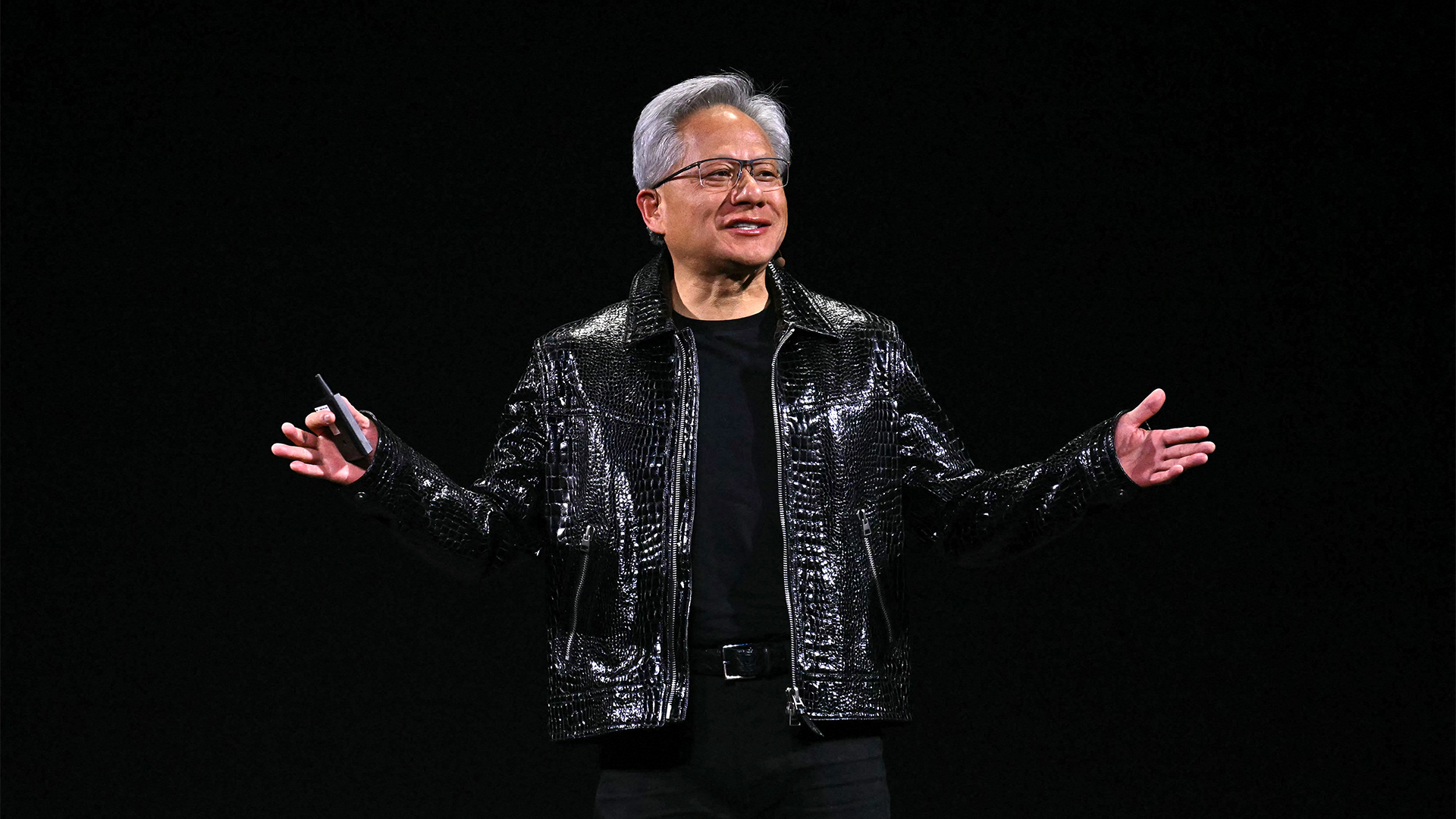 We’re optimistic that within five years we’ll see real-world applications’: Google thinks it’s on the cusp of delivering on its quantum computing dream – even if Jensen Huang isn't so sure
We’re optimistic that within five years we’ll see real-world applications’: Google thinks it’s on the cusp of delivering on its quantum computing dream – even if Jensen Huang isn't so sureNews Nvidia CEO Jensen Huang sent shares in quantum computing firms tumbling last month after making comments on the near-term viability of the technology.
By Ross Kelly Last updated
-
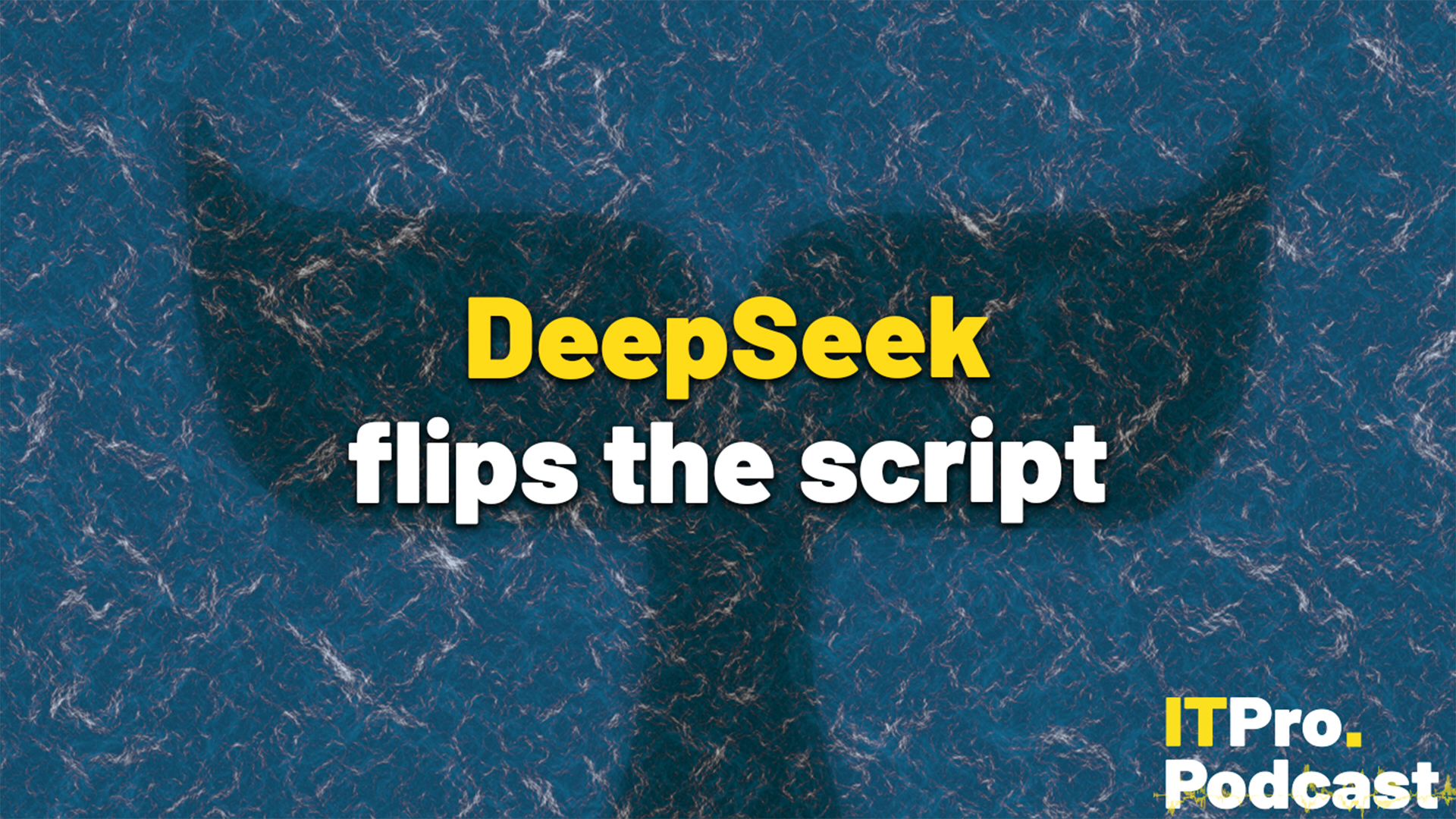 DeepSeek flips the script
DeepSeek flips the scriptITPro Podcast The Chinese startup's efficiency gains could undermine compute demands from the biggest names in tech
By Rory Bathgate Published
-
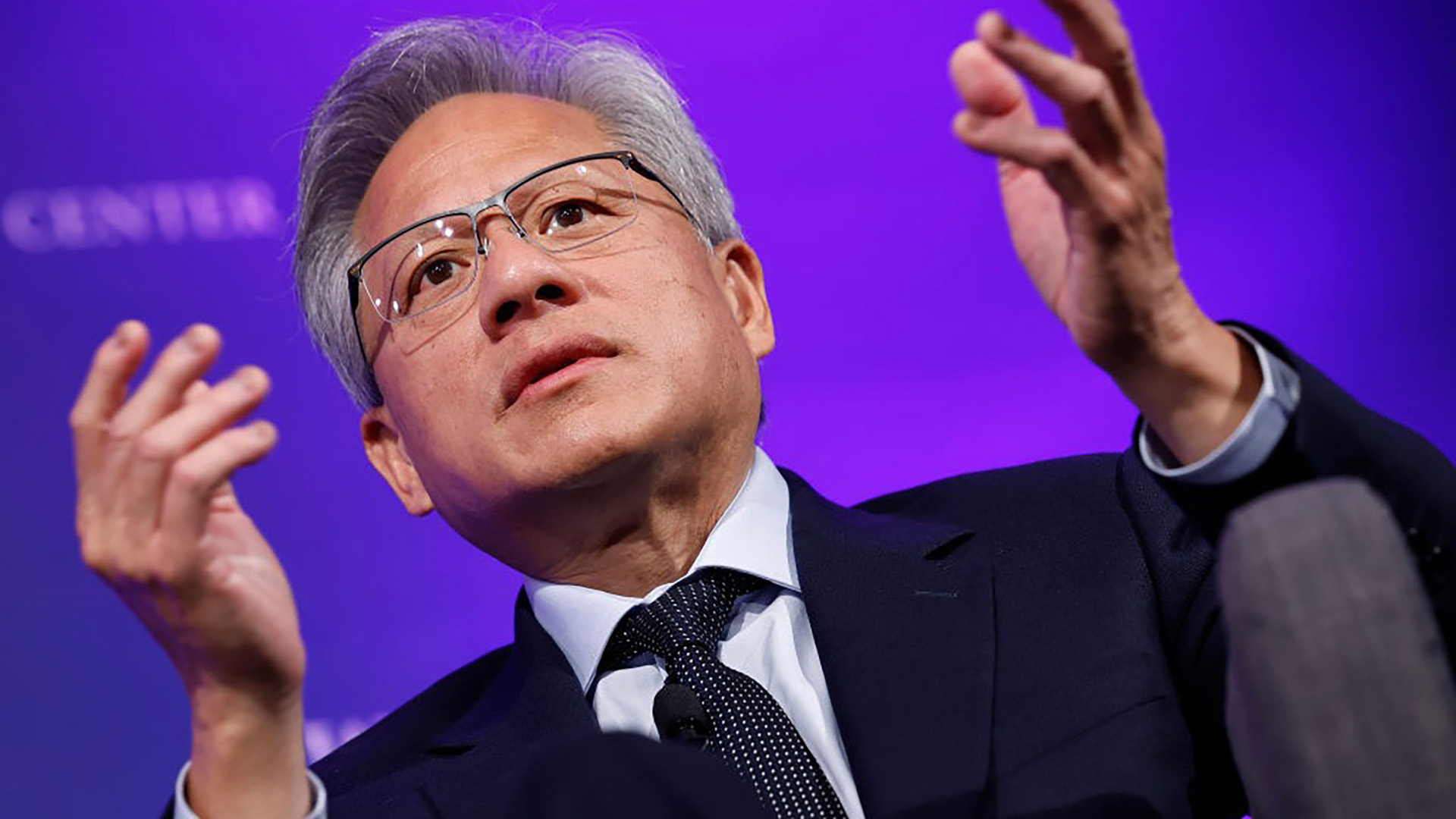 Jensen Huang doesn't think AI will come for his job — but other CEOs might disagree
Jensen Huang doesn't think AI will come for his job — but other CEOs might disagreeNews A survey last year found almost half of CEOs believe they could be replaced with AI, but Nvidia’s superstar CEO thinks otherwise
By Solomon Klappholz Published
-
 HPE’s ‘one-click AI solution’ for private cloud cuts project times from months to a ‘single moment’
HPE’s ‘one-click AI solution’ for private cloud cuts project times from months to a ‘single moment’News The new tools allow generative AI virtual assistants to be launched in seconds, using private data
By Emma Woollacott Last updated
-
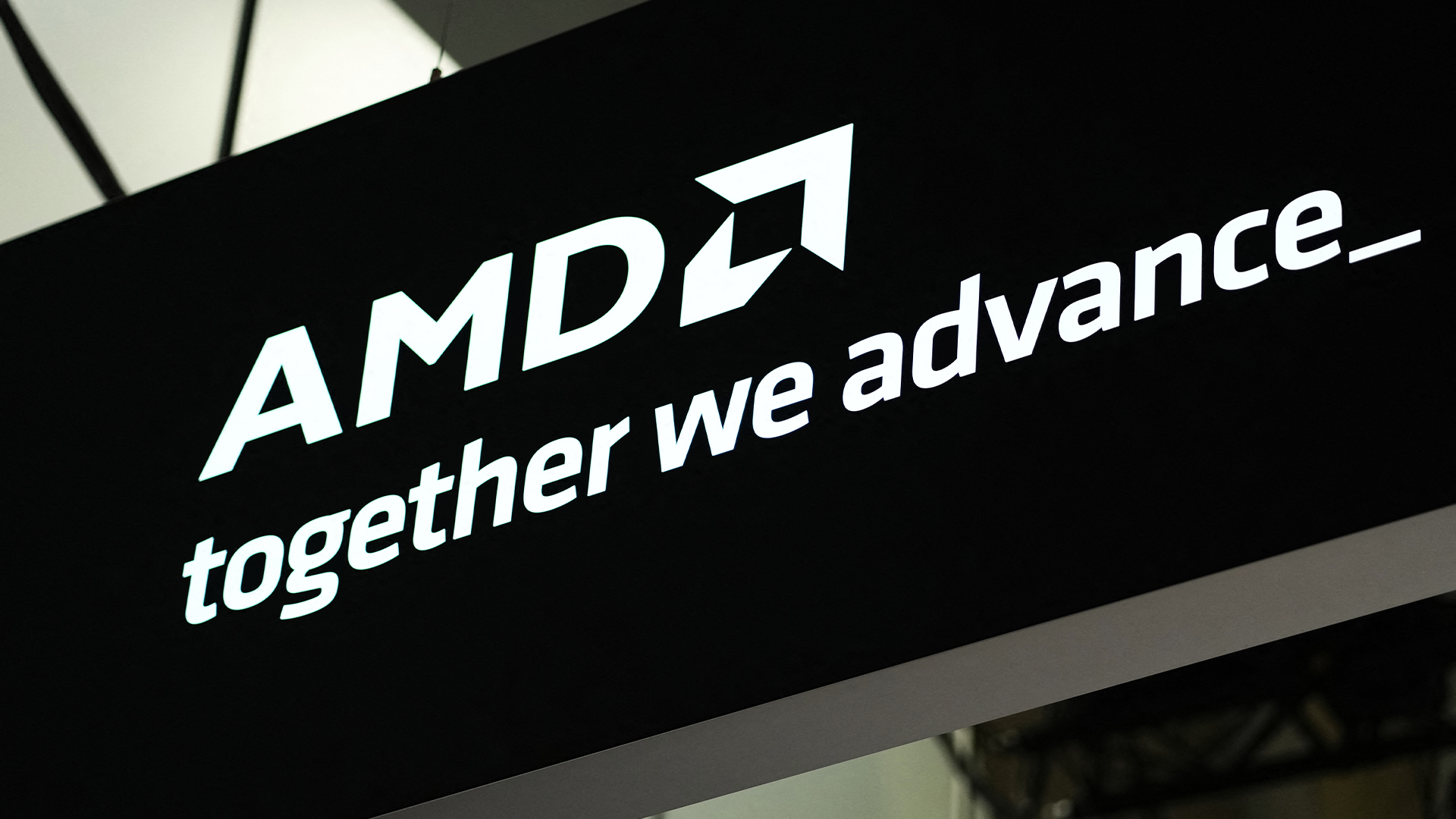 AMD’s acquisition spree continues with $665 million deal for Silo AI
AMD’s acquisition spree continues with $665 million deal for Silo AINews The deal will enable AMD to bolster its portfolio of end-to-end AI solutions and drive its ‘open standards’ approach to the technology
By Ross Kelly Published
-
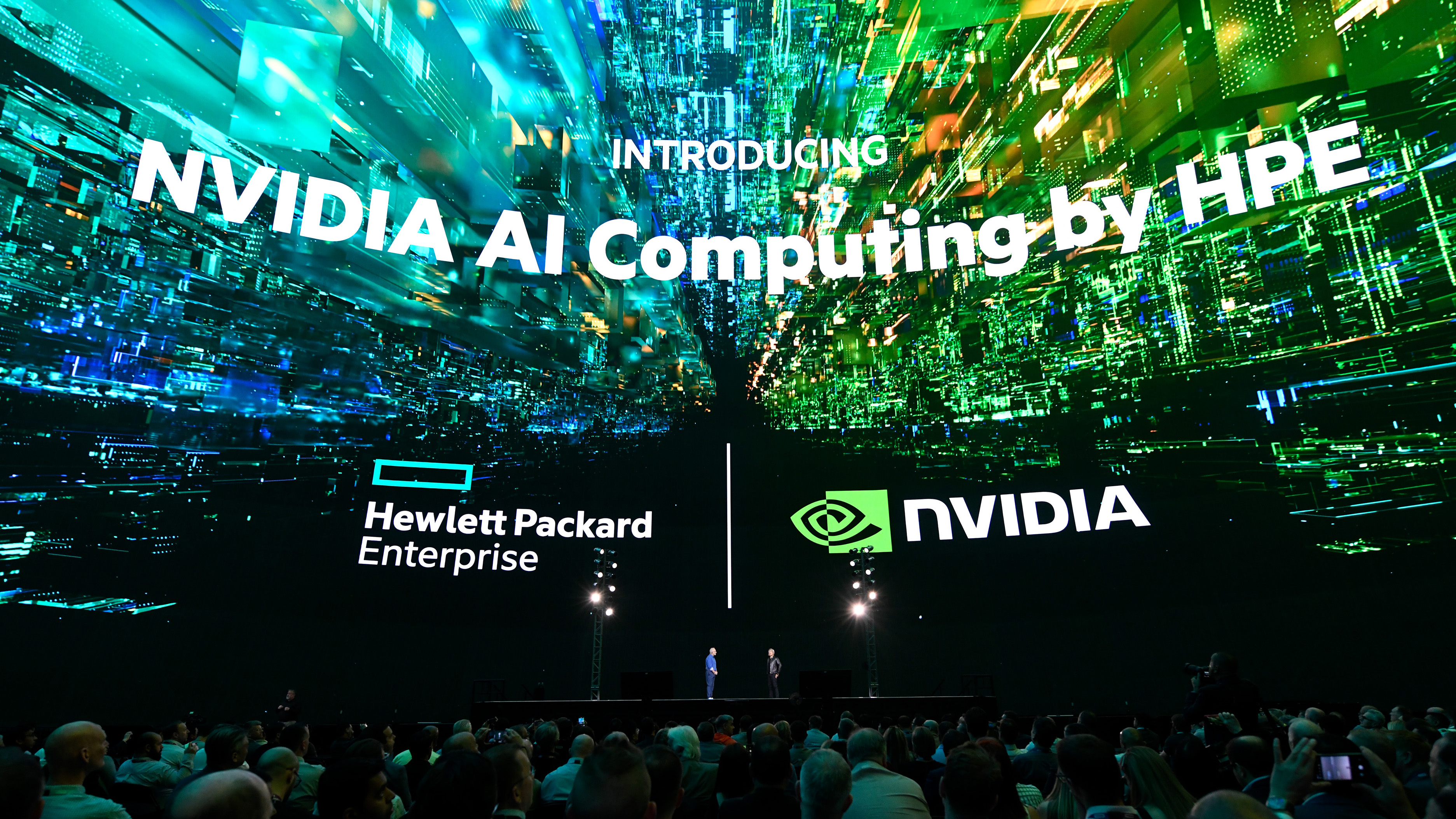 HPE’s drive for enterprise AI dominance continues with new Nvidia partnership
HPE’s drive for enterprise AI dominance continues with new Nvidia partnershipNews Nvidia AI computing by HPE brings a slew of new AI products to market
By Jane McCallion Published
-
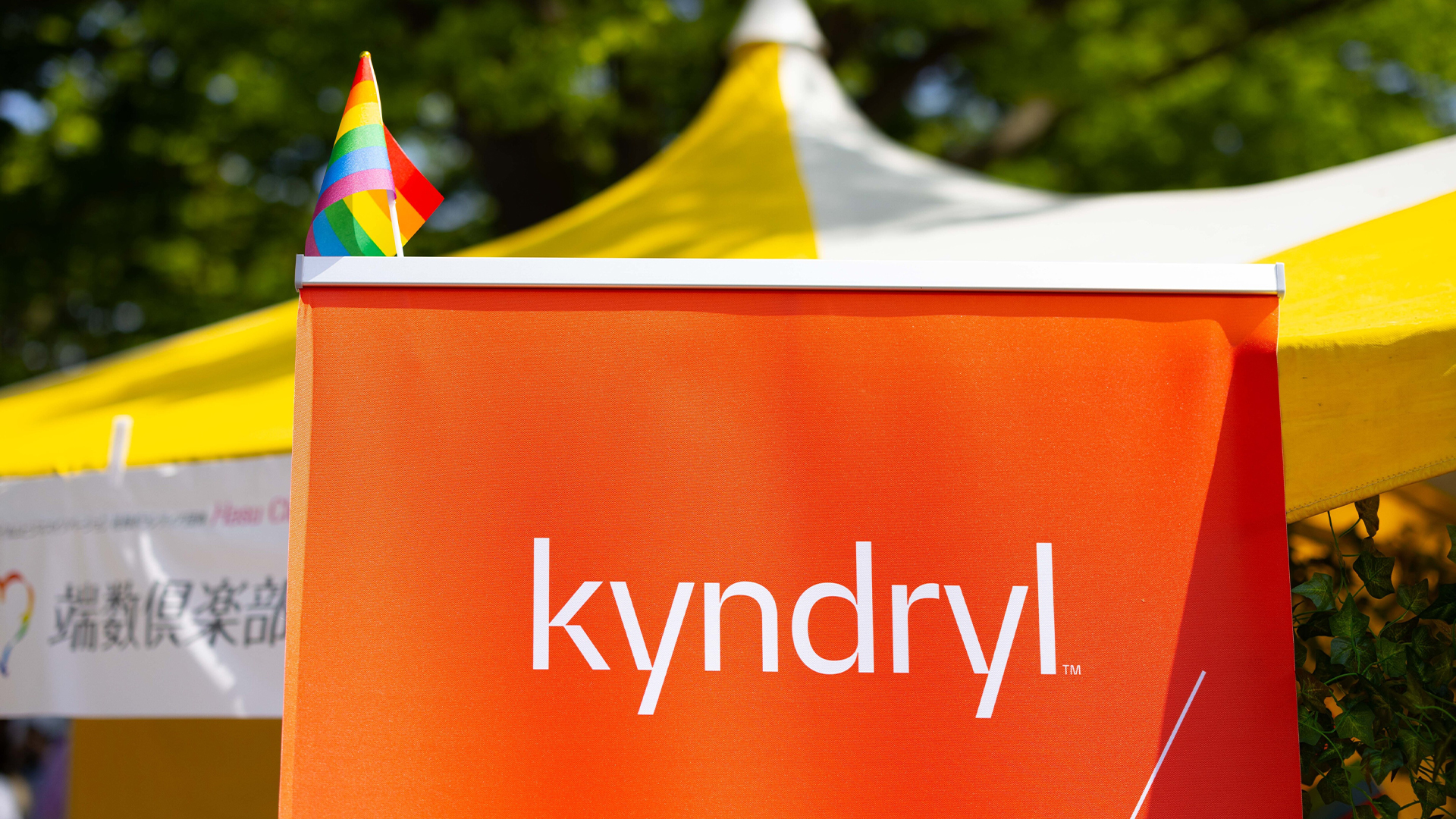 Kyndryl strikes new partnership with Nvidia to drive generative AI adoption
Kyndryl strikes new partnership with Nvidia to drive generative AI adoptionNews The integration between Kyndryl Bridge and Nvidia AI aims to tackle customers’ biggest integration pain points
By Daniel Todd Published